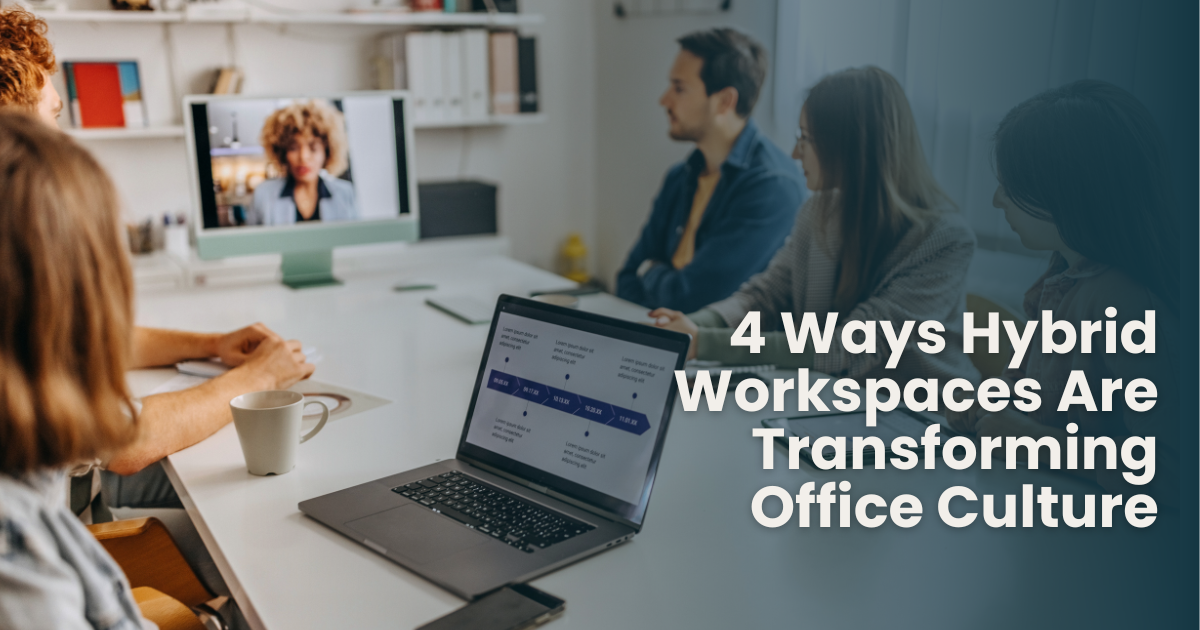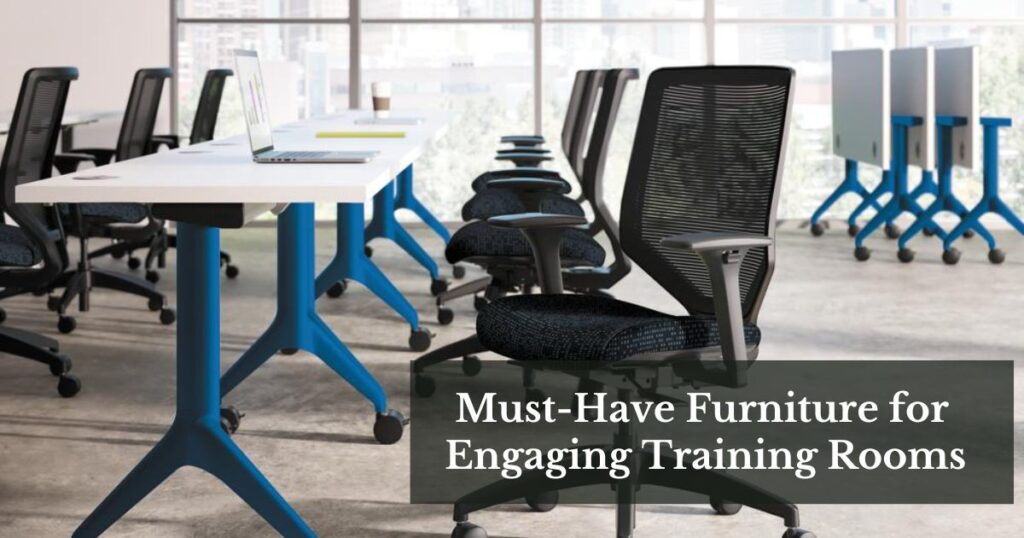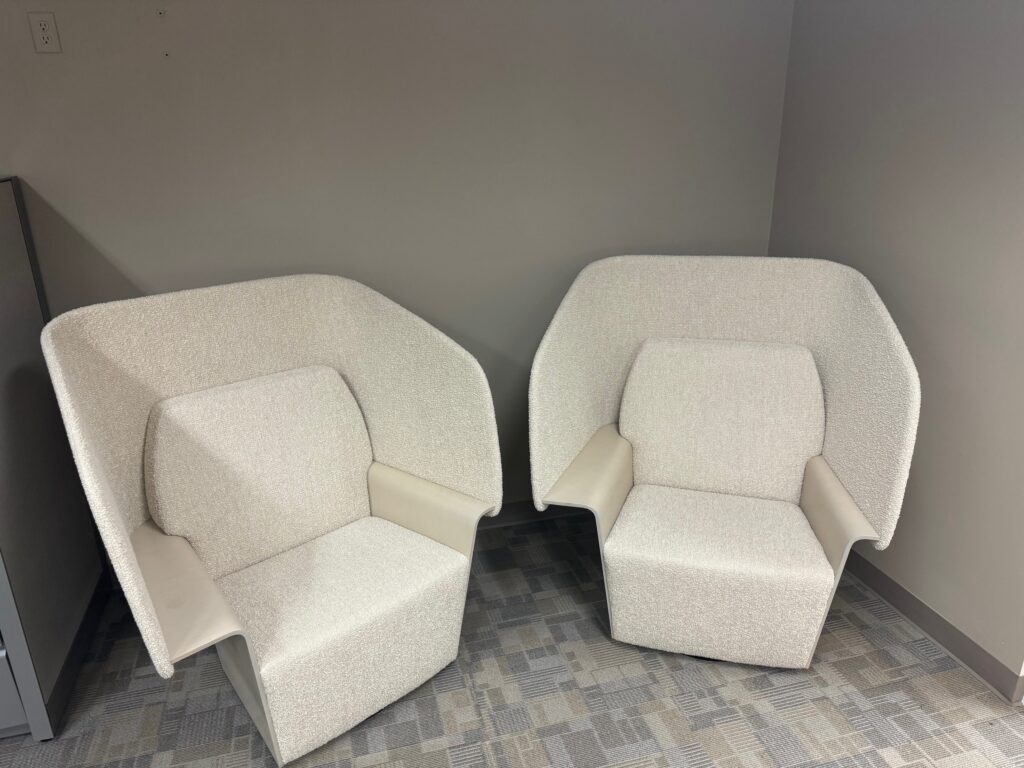
Hybrid workspaces — where employees split their time between working remotely and in the office—are rapidly reshaping traditional office culture. As companies adapt to this flexible model, the workplace is no longer a fixed, physical location, but a dynamic space that fosters both collaboration and independent work. This shift is transforming not just how we work, but how we interact, communicate, and build company culture.
Here are 4 key ways hybrid workspaces are driving this cultural transformation:
1. Enhanced Flexibility and Work-Life Balance
Hybrid workspaces offer employees more control over their schedules, allowing them to balance personal responsibilities with professional tasks more effectively. This flexibility has been shown to reduce stress and boost job satisfaction, which leads to happier, more engaged employees. A healthier work-life balance encourages employees to be more productive and less prone to burnout.
2. Fostering Collaboration Through Design
While remote work has its advantages, in-office interactions remain crucial for team-building and innovation. Hybrid workspaces are being designed to encourage collaboration when employees are in the office. This includes open meeting areas, adaptable workstations, and informal social spaces. These areas create opportunities for spontaneous interactions and brainstorming, which are often difficult to replicate in virtual environments.
3. Technology as a Bridge
The success of hybrid work depends heavily on technology. Companies are investing in tools like video conferencing platforms, cloud-based collaboration software, and project management tools to ensure seamless communication between remote and in-office workers. Smart offices equipped with AI, adaptive lighting, and virtual reality meeting rooms further support this blended work model, making it easier for employees to collaborate regardless of location.
4. Shifting Office Culture
Hybrid workspaces are promoting a shift from a “9 to 5” mentality to a culture of trust and results-based work. Employers are increasingly focused on the quality of output rather than where or when the work is done. This change fosters a more inclusive and supportive office culture, where autonomy is valued, and employees are trusted to manage their responsibilities.
Creating Hybrid Workspaces
As hybrid workspaces become the new norm, they are transforming office culture by creating more flexible, tech-enabled, and employee-centric environments. The future of work is about adaptability, collaboration, and a focus on well-being.
Ready to transform your office into a hybrid-friendly space? Contact Workspace Solutions today to design a flexible, productive, and inviting workspace that meets the needs of your team.





